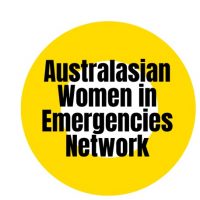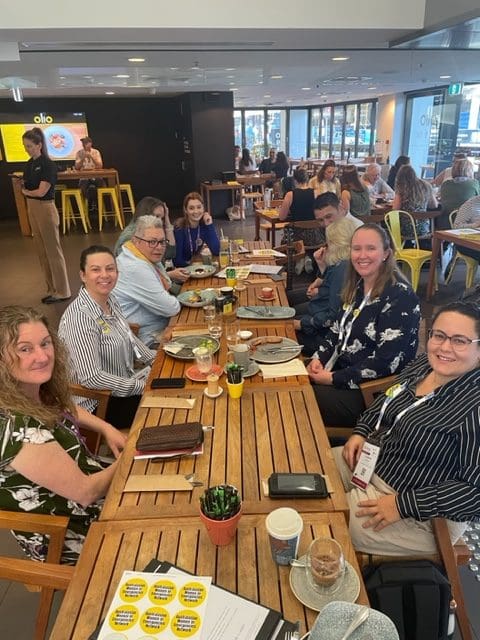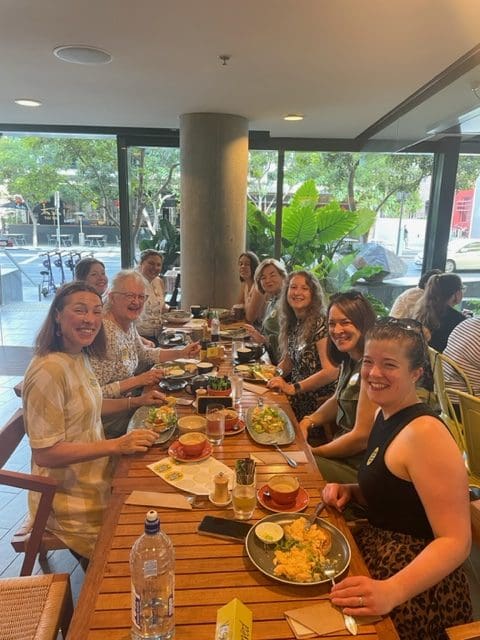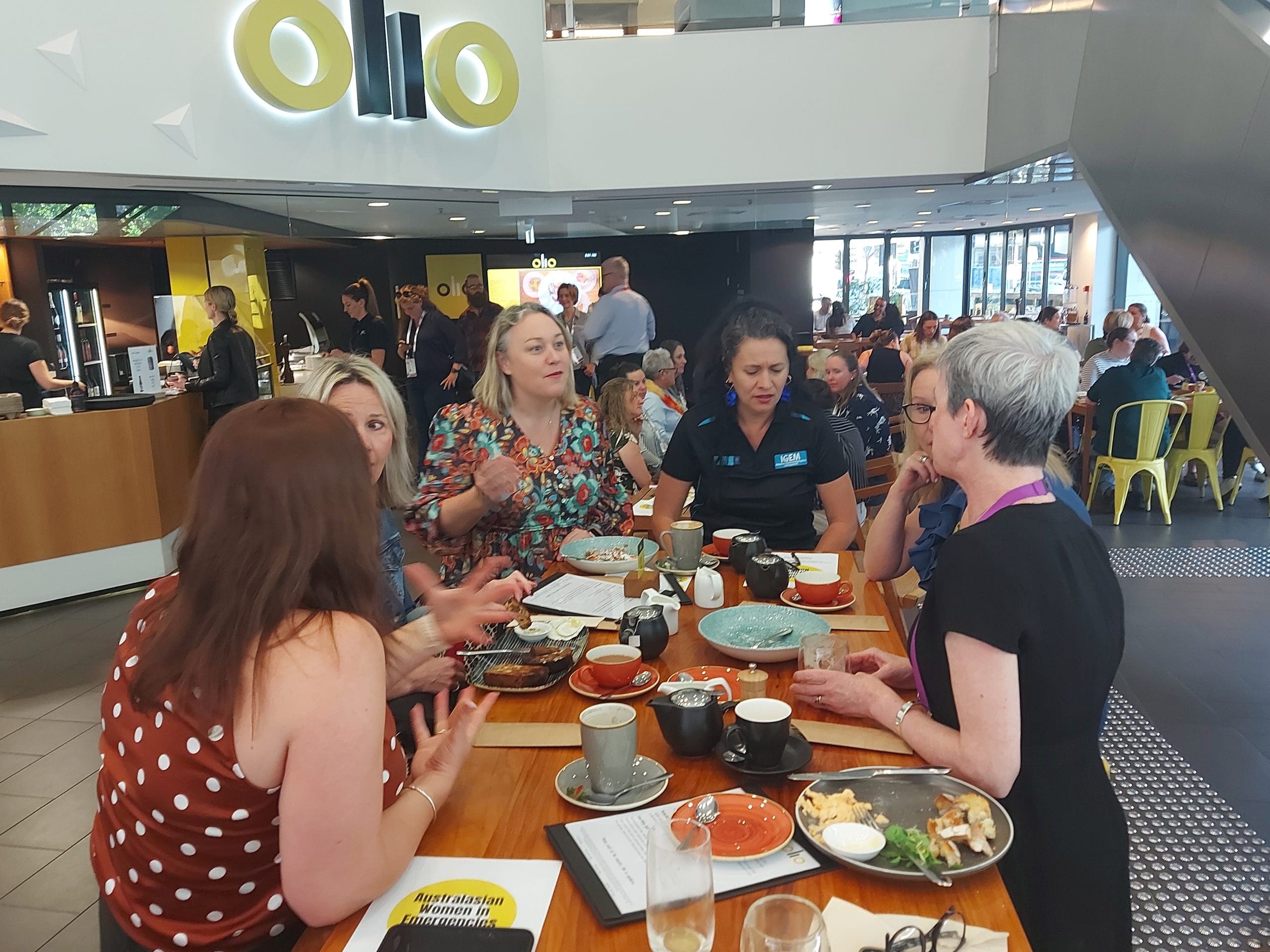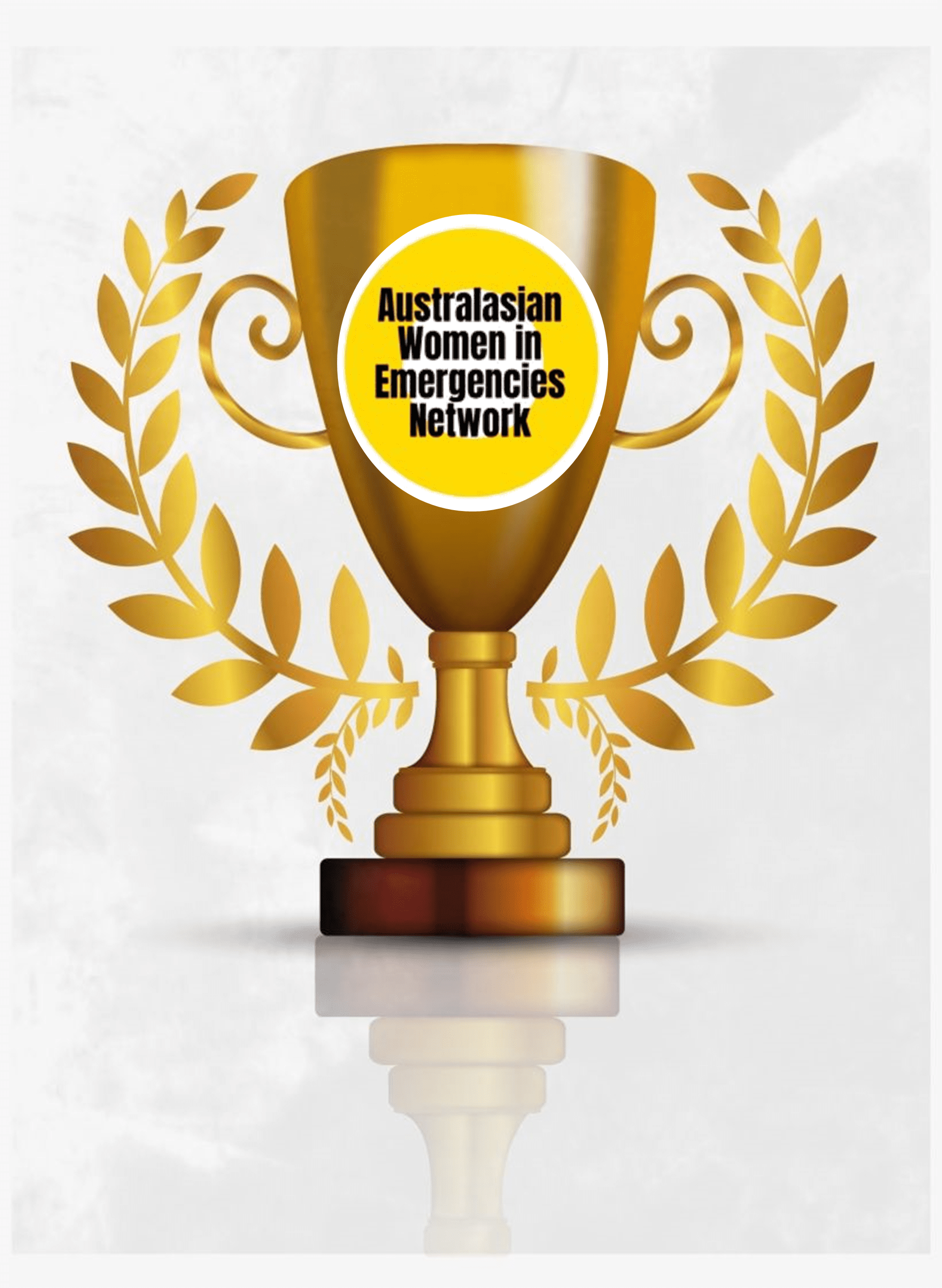This year’s AFAC23, ADRC 2023 and WAFA 2023 conferences were a great opportunity to hear from a vast range of people and organisation about research, practice and emerging trends, with topics ranging from disaster communications, inclusion, leadership to community resilience. A highlight for AWE was the powerful opening Keynote delivered by Nazir Afzal OBE who led the independent cultural review of the London Fire Brigade. Nazir reflected on the life changing experiences of hearing and believing victim survivors of racism, bullying and misogyny, and stated to emergency services organisations, ‘You have an obligation to keep your staff safe as well as keep your communities safe.’ AWE couldn’t agree more.
Further highlights were Resilience Lane, which we hope will be even bigger and better next year, the huge poster exhibition showcasing some amazing and innovative work underway, and WAFA’s fabulous diversity and leadership presentations.
A few AWE members were also lucky enough to attend the inaugural National Indigenous Disaster Resilience Summit the day before the conferences commenced. This was a momentous and important opportunity to hear from First Nations people about their experiences in disasters, and to respond to a call for action to ensure that resilience-building efforts draw on the strengths and wisdom of Indigenous peoples and their practices, and that Indigenous people are included in decision making around emergencies and disasters.
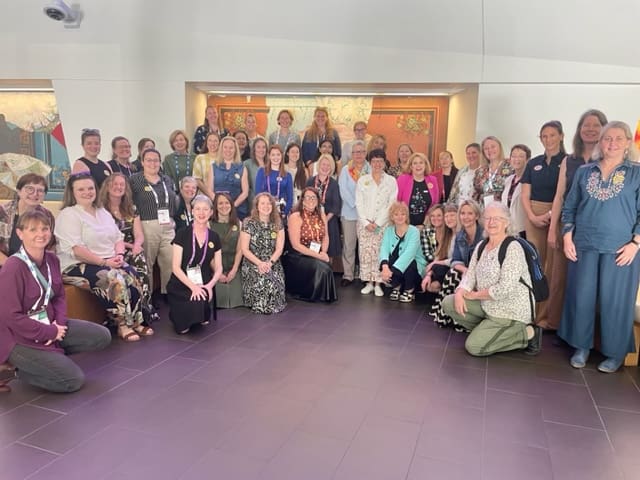
What a turnout! Around 60 AWE members, friends and allies attended the
AWE Networking Breakfast on the second day of the AFAC conference.
There were so many fabulous presentations at the conferences but we’re proudest of all the AWE members who presented including:
- Carla Bailey – First nations voice in disasters
- Elissa Berry – Impact though resilience knowledge
- Elly Bird – Lessons from the Northern Rivers
- Vicki Booth – People at risk in emergencies
- Leila Craig – Disability and disasters
- Courtney Cronin – Empowering children to prepare for disasters
- Anna Kennedy-Borissow – Creativity and recovery
- Ashleigh Brady – Reframing vulnerability through an intersectional lens
- Dr Claire Leppold – First nations recovery leadership
- Dr Kat Haynes – Insights from the 2022 floods
- Terese Howlett – A national approach to operational fitness
- Fiona Macken – Cross-agency medical responder program
- Melinda McDonald – Women in fire and emergency leadership
- Anne Pickles PSM – Networking for professional development
- Phoebe Quinn – Indigenous healing and disaster recovery
- Theresa Rockley-Hogan – Media, messaging, and new platforms
- A/Professor Mel Taylor – Insights from the 2022 floods
- Kelly Trugden – First nations voice in disasters
- Dr Michelle Villeneuve – Inclusive EM policy and practice
- A/Professor Marta Yebra – Technology and fire detection
- Celeste Young – Natural hazards systems-based risk
